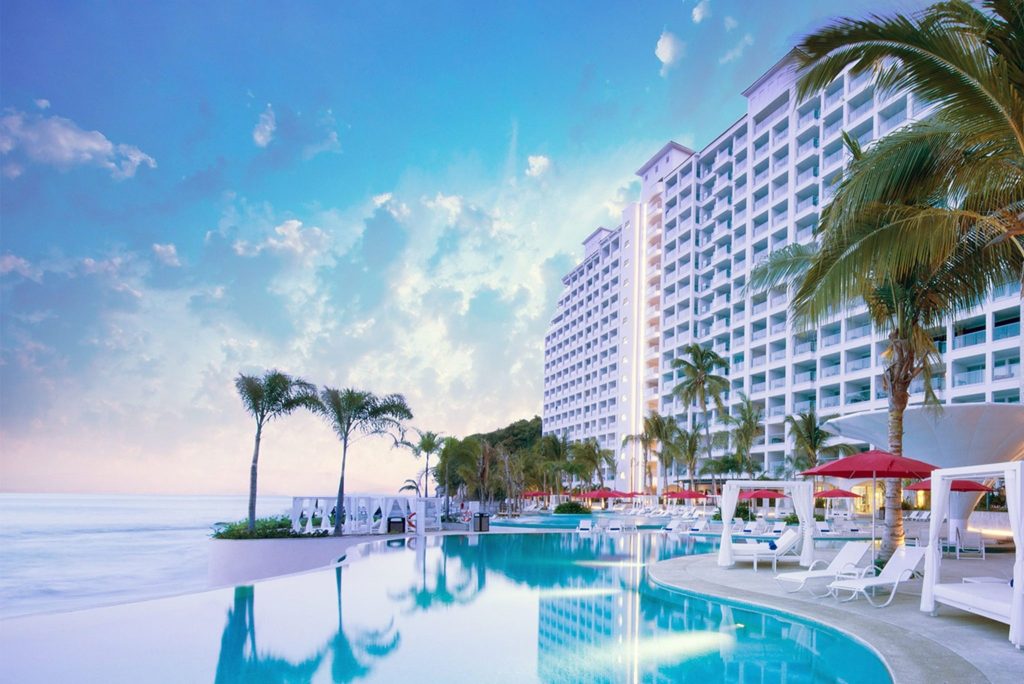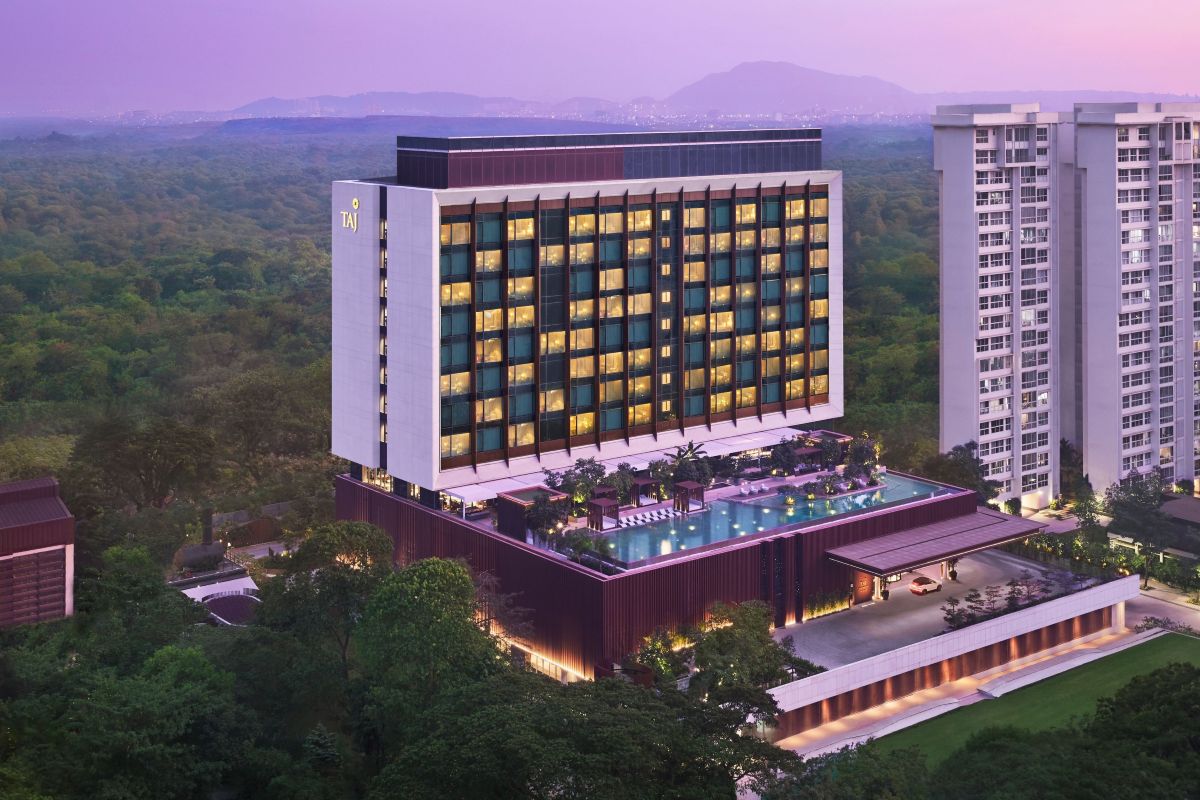Hilton Sees Bigger Meetings and Events Role in All-Inclusive Resort Growth

Skift Take
Some of the world’s largest hotel companies pushed into all-inclusive resorts in recent years, but one is diverting from the Club Med and Sandals playbook.
Hilton struck a three-property deal this month for all-inclusive and luxury resorts in Mexico. The company plans to use its eponymous brand for the two all-inclusive resorts slated for Tulum and Puerto Vallarta. Hilton, like Marriott and Hyatt, sees all-inclusive resorts as another option for members of its loyalty program to redeem and earn points.
But the company also sees this typically leisure-dominated space as another venue to pitch to meetings and events bookers.
“I do believe we'll be able to bring something to the all-inclusive market that they've never really had before, and that's the concept of the corporate market and the corporate meetings market,” said Danny Hughes, executive vice president and president of the Americas at Hilton. “We're betting big that this can be a great meetings market as well as great leisure market.”
For a Skift Deep Dive on All-Inclusives, Read: Why the Business of All-Inclusive Resorts Will Never Be the Same
Weddings or family reunions may seem like the main type of event geared toward all-inclusive resorts, but Hilton’s growth plan lends itself to corporate and trade association meetings in a variety of global locations. The move comes as many in the hotel industry now expect group and convention travel to recover faster than business transient travel from the pandemic.
The Mexico deal would bring Hilton’s all-inclusive footprint to 14 properties, and that number could eventually swell to more than 30 in the western hemisphere alone, Hughes said.
The company also has a cluster of four resorts between Turkey and Egypt, and Hilton sees “potential to grow in selected areas and the rest of the world,” Hughes added.
By comparison, Marriott is on track to have 29 all-inclusive resorts following its 19-property deal with Toronto-based Sunwing Travel Group earlier this year. Sandals, which arguably has the biggest brand recognition in this space due to its extensive marketing push, operates 20 resorts and three villas.
Hilton leaders see the all-inclusive resort as a winning sales pitch, particularly to association meetings planners. Those types of events make most of their money from tradeshow exhibitors and people signing up for on-site education sessions, Hughes said.
But holding a meeting in a city like Orlando or Las Vegas comes with a lot of attendee leakage to outside attractions like a casino or a theme park. An all-inclusive resort typically is the main destination for a guest.
“Constantly, one of the challenges when you go to a great city like Orlando or somewhere else is there are lots of distractions,” Hughes added with a laugh.
Cautious Wading
Hotel companies may have wanted to enter the all-inclusive space for years, but it hasn’t been a rapid growth story like some of their traditional brands.
Hilton’s biggest growth signal for all-inclusive resorts arrived in 2018, when it announced a partnership with Playa Hotels & Resorts — the same company Hyatt first worked with to launch its own all-inclusive push in 2015. Hilton is on track to have 14 all-inclusive resorts by the first quarter of next year, according to the company’s website.
By comparison, Hilton’s Tru brand of hotels opened 200 hotels in five years.
“Part of it is finding the right [development] partners, but honestly, you have to make an investment ahead of the revenue stream,” Hughes said of the slower pace of development in the all-inclusive space.
Hilton is partnering with Parks Hospitality and Fibra UNO on the latest push into Mexico. The company also has its ongoing partnership with Playa, which includes resorts in the Dominican Republic as well as Mexico. Finding the right development partnership is only one piece of the puzzle.
All-inclusive resorts are more capital intensive, given the resort is the destination and needs even more of a competitive advantage to surrounding properties. Even though Hilton doesn’t own its real estate, it still has to find the right owner willing to invest for things like entertainment, food and beverage, and even the resort’s online presence.
There are also more closely aligned partnerships with airlines and tour operators in light of the almost entirely fly-to nature of incoming guests.
“The operational aspects are completely different because you are catering to people who spend a huge amount of more time on property when, traditionally, people don't,” Hughes said. “The barriers to entry require that you put a lot of time and effort into thinking about your strategy and then all the money into executing that strategy before you actually go and open a hotel.”





